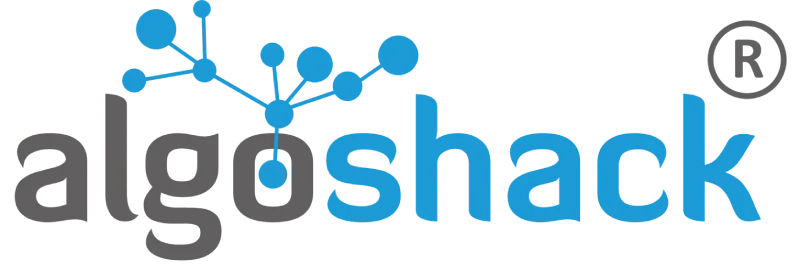Introduction:
The future of automation testing is evolving with the advancement in technology. The increase in the number of applications deployed by various businesses has raised the demand for software testing. The development of new test automation approaches improves the quality of software testing and enables the delivery of bug-free software for a better user experience. The scripting language is also crucial; there are various languages in the market; in this blog, we will discuss what is TypeScript and why TypeScript is for test automation.
To begin with, let’s see what TypeScript is, TypeScript is an open-source programming language it has been developed by Microsoft. TypeScript adds additional syntax to existing JavaScript, it helps to support a tighter integration with your editor. With TypeScript, you can catch errors early in your editor. TypeScript supports all OOPS concepts just like C# and Java. TypeScript improves JavaScript’s syntax to allow for tighter integration with your editor. It detects in your editor early on. TypeScript combines all of the benefits of JavaScript and NodeJS and enhances them, allowing you to write better and easier-to-maintain code with static typing, classes, interfaces, types, decorators, and real-time IDE support which is similar to Visual Studio Code.
TypeScript for test automation:
The adoption of Agile, continuous integration and continuous delivery (CI/CD) is now required; it is no longer a choice. Tech businesses that wish to succeed, must produce high- quality software. Is manual software testing capable of keeping up with the pace? If you ask me, unfortunately no. Test automation is one of the essential components that can help organizations to accelerate their release cycles while also enhancing software quality.
By TypeScript everything remains just like what we define it. Do you require a variable to always be a number? Then it’ll always be a number. When it comes to fully defining the actual structure you use, this is a must. Even though JavaScript allows for a wide range of strange operations, relying on a specific structure is a much safer option. A practical method of stating clearly which type should be used. As TypeScript performs implicit typing, your
developers don’t need to provide types in places where the compiler can already find them.
TypeScript introduced a lot of object-oriented programming syntax, but it is not limited to interfaces, classes, enumerated types, generics, and modules. Though TypeScript is heavily based on JavaScript, the main difference between TypeScript and JavaScript is that they are two separate programming languages. The truth is that TypeScript is a superset of JavaScript, making all legitimate JavaScript code also legitimate in TypeScript. JavaScript has traditionally used dynamic typing (much like Python). This means that a single variable may contain text, a number, or even an entire database entity depending on the situation. TypeScript strictly defines what a given variable can and cannot contain.
With algoQA leverages TypeScript for Test Automation:
To point out algoQA, anyone can automate testing. algoQA is a single platform Covering UI Based Functional Test Automation, API Test Automation, and Load Test Automation. algoQA is technology agnostic, it supports multi-language scripting, and it works seamlessly across ALM.
algoQA supports TypeScript and other languages such as C#, Java, Javascript, and Python. algoQA can generate scripts in the technologies of your choice, which can then be run elsewhere. Scripts are produced by way of Auto-Coding. They are written in commonly accepted programming/scripting languages so they can be maintained without the algoQA platform, these scripts can be saved offline as well. The scripts are, produced to comply with code de-duplication and reuse requirements, for code quality and coverage.
To add further, algoQA leverages the 5th generational automation framework and involves no record and play. Profiling is the only manual intervention required. Scripts are produced by way of Auto-Coding. They are written in commonly accepted programming/scripting languages so they can be maintained without the algoQA platform. To explain, algoQA provides readable test cases which are produced following Gherkin language. It is simple to interpret and understand, thereby bringing in objectivity and transparency. The test cases comply with Behaviour Driven Development (BDD). Here algoQA’s key deliverables are Test Cases, Test Data, Executable Test Scripts, and Traceability Matrix.
Conclusion:
To emphasize, TypeScript is an open-source programming language that has been developed by Microsoft. TypeScript adds additional syntax to existing JavaScript, it helps to support a tighter integration with your editor. Catch errors early in your editor. TypeScript supports all OOPS concepts just like C# and Java. TypeScript allows us to leverage stubs and implement automation in a more agile manner. We are no longer dependent on the development life cycle to be read.
To conclude, algoQA can cover Web Applications, Desktop Applications, Mobile Applications, Hybrid Applications, Robotic Process Automation, and Embedded Software. It is OS Independent and has multi-browser support. algoQA provides100% test coverage & accuracy through automation. By leveraging algoQA Get Shorter Go-To-Market & Enhanced Productivity, up to 80% of test automation and test maintenance costs can be saved.
So Why Wait? Book a Free DEMO Now!!!
Claim your FREE access for algoQA
Written By – Vadeesh Budramane & Abhinag Reddy



